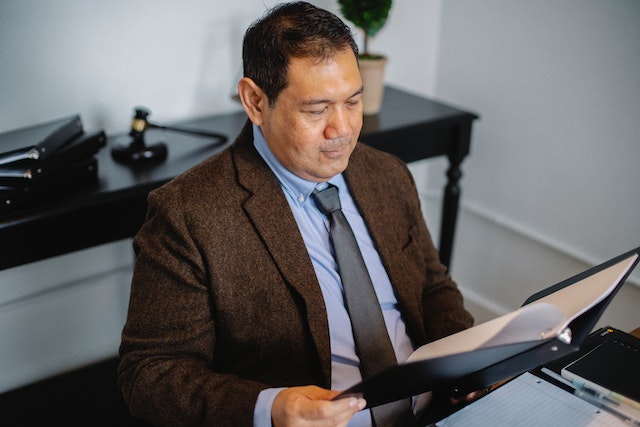
4 Benefits Of De-Escalation Skills For Your Personal Life
De-escalation training was created to teach managers, security professionals, and law enforcement officers how to defuse very emotional or violent situations.
The techniques de-escalation companies teach have been quite successful. Many large companies mandate this type of training for upper and lower management. It helps managers and workers communicate more effectively, makes workers feel safer, and helps to protect the company from lawsuits in the event of a violent incident.
According to Peaceify - Consulting Company, de-escalation training can be just as valuable to individuals as it is to corporations. There are four ways you can use de-escalation training in your personal life.
1. Listen Instead of Judging

Whether you are discussing making a family budget, if you should give your children a religious education, or where to go on your family vacation, de-escalation training will teach you to listen to the other person and consider what they are saying.
When someone makes a suggestion to you that will impact your life, it is only natural to start weighing the pros and cons. If you listen to the other person’s reasons for wanting to do something a certain way, you will be better able to respond to them.
2. Learn About Body Language
Sometimes a person can seem menacing to an upset person without really meaning to. This can happen because certain kinds of body language can make a person seem angry or aggressive.
Standing off to the side of someone is often a better idea than standing right in front of them. Smiling is not always a good idea because it may be perceived as not taking the person you are talking to seriously. You will learn to speak in a calm, quiet voice when speaking to someone.
3. Know How to Set Limits
Whether you are dealing with a teenager who is dissatisfied with their curfew or a new boyfriend or girlfriend who wants to spend a little too much time together, it is important to know how to set limits.
De-escalation training will teach you how to set limits respectfully. For example, if you are discussing a curfew with your teenager, you might give them the option of doing an extra chore if they want to stay out an extra hour later. You can let your significant other know that you would love to see them a couple of times a week and let them pick the days you will spend together.
4. Develop Self Regulation Skills

De-escalation training will teach you how to regulate your heart rate with breathing exercises. It will teach you mindfulness. You cannot calm someone down when they are mad at you when you are upset. You will learn how to speak in a calm, even tone that lets the other person know that they can talk to you and you will listen.
Trending
-
1 Jocko Willink's Inspirational Life & Net Worth
Aaqil Ashraf -
2 How Art Shapes Culture and Reflects Human Experience
Luke Fitzpatrick -
3 Meet Felix Williams and Maria Arthuer: The Parents of World Class Winger Nico Williams
Felix Yim -
4 Kai Cenat's Dad and the Enduring Public Interest
Aaqil Ashraf -
5 London Tube Stations Closed as Workers Stage Strikes
Mihir Gadhvi





Comments